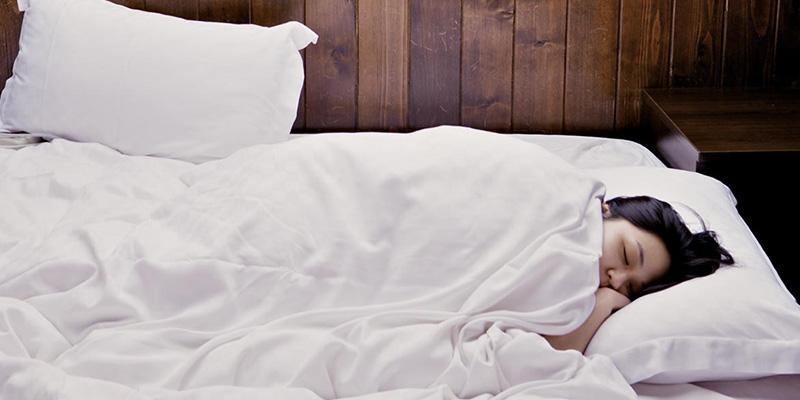The Importance of Sleep for Runners

Recovery begins the moment your workout ends, and how you approach your recovery will dictate future performances. Even though sleep is just as important as practice and the workouts themselves, our “more is better” culture actively discourages many people from receiving adequate rest.
The benefits of allowing your body to adequately sleep are numerous and include quicker muscle recovery, a clearer mind, faster metabolism, reduced stress, reduced risk of injury and improved athletic performance. As a general rule of thumb, sports scientists recommend that runners sleep an additional 10 minutes each night per 10 miles of weekly running. For instance, for someone who runs 30 miles a week, he or she should sleep an additional 30 minutes a night, beyond the recommended 7–9 hours of sleep. Why is additional sleep important? Muscle repair and recovery happens during REM sleep, which only occurs for approximately 10 minutes of every 90 minute sleep cycle. Therefore, the more REM sleep that occurs, the better body will recover.
Just as there are no shortcuts when it comes to working hard to improve running performance, there are no shortcuts when it comes to a good night’s rest. The following are tips for developing and sticking to a sleep routine:
Treat Sleep with the Same Importance as You Treat Your Workouts
Just as you would never be late for practice or a meet-up, do not let yourself put off going to bed at night. Schedule sleep into your routine the same way you schedule long runs or track sessions.
Avoid Caffeine After 3 PM
Energy drinks, coffee and certain teas all provide a potent caffeine kick. If you have trouble falling asleep at night, it may be linked to your caffeine intake throughout the day. If you find that you struggle to stay awake in the afternoon, consider taking a 10–20 minute nap to re-energize, which will also have the added benefit of clearing your mind and improving creativity.
Limit Alcohol Consumption
Although beer, wine and liquor may initially help you fall asleep, alcohol can disrupt normal sleep cycles, making these periods less restful and reducing their benefits for recovery.
Limit Screen Time
The backlit glow of our computers, tablets and cellphones trick our brains into thinking we should be awake. Avoid electronics for an hour before bed and instead, opt for stimulating your brain the old-fashioned way, such as with a book or crossword puzzle.
Treat Sleep with Additional Importance before Major Races
In the final few weeks before your goal race, make sleep the number one priority of your day. During taper, your body works extra hard to repair itself from the previous months of training abuse. If you are feeling extra tired, be sure to give your body the additional rest that it craves.
Practice Deep Breathing and Meditation
Relying on sleep aids such as melatonin, Nyquil, Tylenol PM or other over-the-counter sleep medications is not only risky, but decreases the quality of sleep you receive. Instead, learn ways to calm your body and lull it to sleep naturally, which will have additional benefits for your athletic performance.

Leave a comment